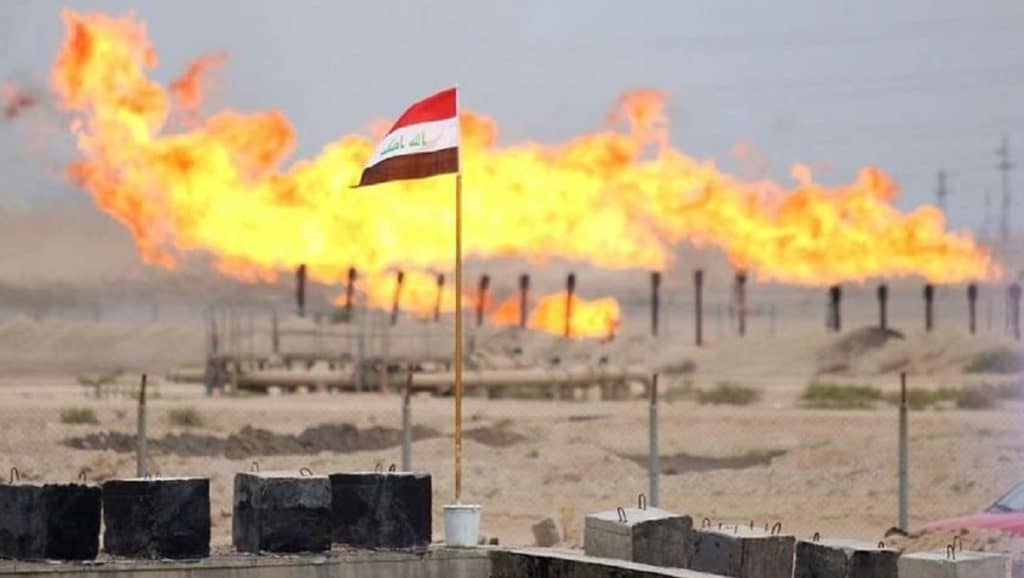By Denis Korkodinov
If we consider the protest movement in Iraq globally, we can conclude that it reflects the conflict between two international blocs, one of which is headed by the United States, and the other – Iran, China and Russia. This conflict arose during the Cold War and is now rapidly reaching a new level of open military confrontation.
The central leadership of Iraq was unable to oppose anything to American influence and somehow prevent it from turning Iraq into a battlefield for the world “giants”. At the same time, the instruments of influence on Iraq have changed significantly. If during the period of colonialism it was necessary to send an army and invest huge amounts of money to maintain control over countries, now everything is much simpler – you just need to find marginal groups with political ambitions within the country and, promising them support, to create chaos and through them to overthrow the regimes.
The resignation of Iraqi Prime Minister Adil Abdul-Mahdi is a vivid demonstration of this toolkit. The main reason for the resignation of the Iraqi government, in this case, is that it managed to jeopardize the oil agreement between Baghdad and Beijing for a total of about $ 700 billion over 10 years. This deal was contrary to the interests of the United States, which were intended to directly supply Iraqi oil. But China created significant obstacles to this, in connection with which Donald Trump began to put pressure on the authorities of Baghdad.
Washington’s mistake was that the resignation of the Iraqi government led to serious consequences, since it did not lead to the severance of Sino-Iraqi agreements on oil supplies. Moreover, the leader of the Shiite paramilitary group Asaib Ahl al-Haqq (League of the Righteous) Kais al-Hazali in his recent address explicitly pointed out that the main reason for American pressure on Iraq is the oil dispute.
This forced to resort to a provocation in the form of murder in Iraq of the Iranian military commander Kassem Soleimani, which should, according to the United States, serve as a pretext for a new invasion of Iraq.
For this reason, the policy of American pressure on Baghdad in the near future will develop only along an upward path. This will force the Iraqi parliament to turn to Iran for military assistance. In turn, Russia also does not want to remain neutral and will take part in the conflict on the side of Baghdad.
At the same time, the provinces of Nineveh, Salah al-Din and Anbar are likely to be the epicenters of the conflict, where, moreover, the cells of the Islamic State are widely represented. The fact that these Iraqi provinces will become the epicenters of the conflict was directly spoken by US Vice President Mike Pence during a recent meeting with tribal elders in Ein Assad.
(The opinions expressed in this article are solely those of the author and do not necessarily reflect the views of World Geostrategic Insights)







